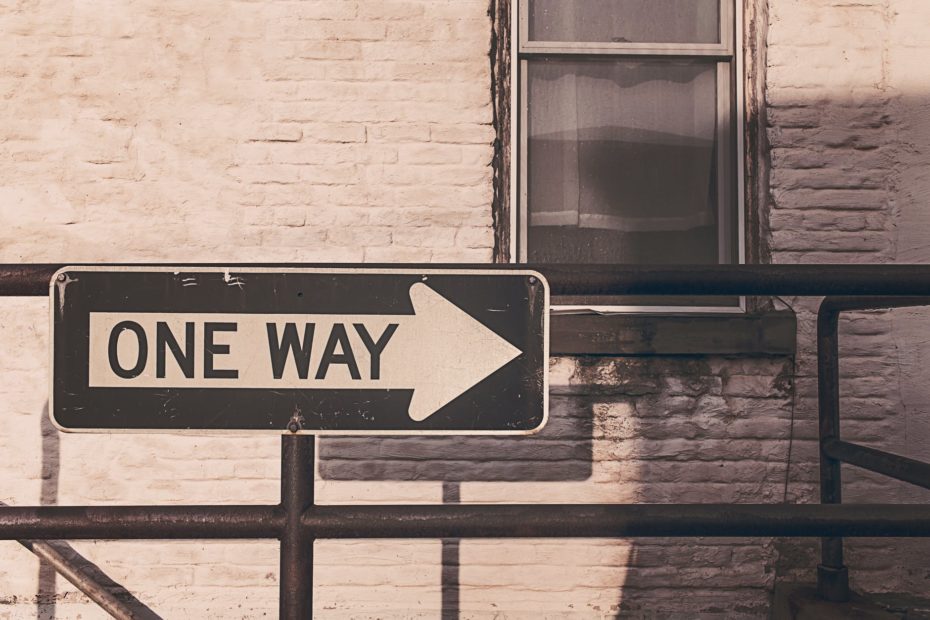If you’ve been in the anti-trafficking movement for even a short time, you’ve probably seen this question before: What can one person actually do to make a difference in the fight against human trafficking? Hundreds of amazing organizations serving in the field have thousands of answers to this question. (If you’re new to the issue of human trafficking, start with our Human Trafficking 101 series to get caught up.) But honestly? A lot of us don’t even get that far. It’s too overwhelming, too dark, and too daunting to think about. For most people, the idea of learning the ins and outs of combating human trafficking feels like inviting that darkness in and having to sit with it. And that is an extremely heavy burden.
But what if we’re asking the wrong question?
What if instead of asking what one person can actually do, we ask you who you are?
Who are you already? What do you love? What inspires you? What are your talents? What are your goals?
Because the truth is that the world isn’t made up of hypotheticals. It’s made of living breathing people who wake up, go to work, study for tests, commute, drink too much coffee, have families, go to the gym, and most importantly, care about each other. Your role in this effort – to ending human trafficking in our lifetimes – is to enhance what you’re already doing in your day-to-day life. You are already uniquely positioned to combat this evil and protect the vulnerable.
And who you are matters.
What Is My Role If I am a……
Student, Teacher, or Academic Professional – human trafficking is happening on our campuses across the country. University students are in position to look out for each other, to advocate for policy changes, and to bring awareness to their communities. High school and middle school students can learn internet safety, how to be self-advocates, and how to report something suspicious or dangerous that’s happening to themselves or friends. Younger students can learn bodily autonomy and how to handle tricky people. Teachers and administrators are the eyes and ears that often spend more time with the most vulnerable youth than those youth spend at home. Enhancing your programs related to prevention, identification, and truancy can make an enormous impact in your community. Whether you’re one student interested in making a difference or a school system ready to make big changes, we have tools to support you. Download free resources including toolkits, quick-start guides, occupational profiles and more, specific for the education community.
Community Member – communities are the living examples of the concept of synergy. The whole is greater than the sum of its parts. More than the individuals, the families, the shop owners, the government agencies, the schools, and the infrastructure, communities are a just as much a concept as they are a physical location. For people who belong to task forces, coalitions, multi/interdisciplinary teams, civic action groups, clubs, and other groups that are already leveraging the power of working across sectors and across the aisle to better their communities, there are so many things that can be done to enhance your efforts to combat human trafficking. Find out more in our free resources including toolkits, quick-start guides, occupational profiles and more, specific for community members.
Business Leader – small businesses and corporations alike are often left out of the conversation when it comes to domestic human trafficking. Though making sure that the factories and farms that your supply chain moves through are completely free of slavery is a baseline step for any company, there is so much more that you can do in this effort. From offering apprenticeships/internships, job training, and CSR initiatives directed at survivors of human trafficking you can directly impact the trajectory of a survivor’s reintegration. Sponsoring in-kind donations, volunteer hours, and other projects to support those in your community who are already engaged in ending human trafficking has a mutually positive impact. For a comprehensive look at all the things small businesses and corporations can do to enhance their daily operations, explore our free resources for business leaders from both the Engage Together My Role page and the AFRJ.
Faith Community – your congregation is likely already involved in the everyday activities that prevent and eradicate human trafficking. Homeless outreach, single parent support groups, youth programs, foster care and adoption initiatives, and more all play a huge part in protecting the vulnerable. Are your outreach teams trained on how to spot and report human trafficking when they see it? Are your children’s and youth ministers equipped to educate on the issue and what to do if a youth discloses an incident to them? What community partners could you support by stocking their pantry, offering your building as a meeting place, or by providing volunteers? Faith communities are often untapped resources in this space. Learn more about why and how churches are uniquely positioned in this space from with our free resources, including toolkits, quick-start guides, occupational profiles and more, specific for the faith-based community.
You can combat human trafficking right where you are with what you already have.
Engage Together® was designed to equip justice advocates like YOU to combat human trafficking in your personal and professional spheres every day. For resources, communications, strategizing tools, and more, explore our sector specific resources and materials you can use to combat human trafficking and protect the vulnerable in your own back yard.

